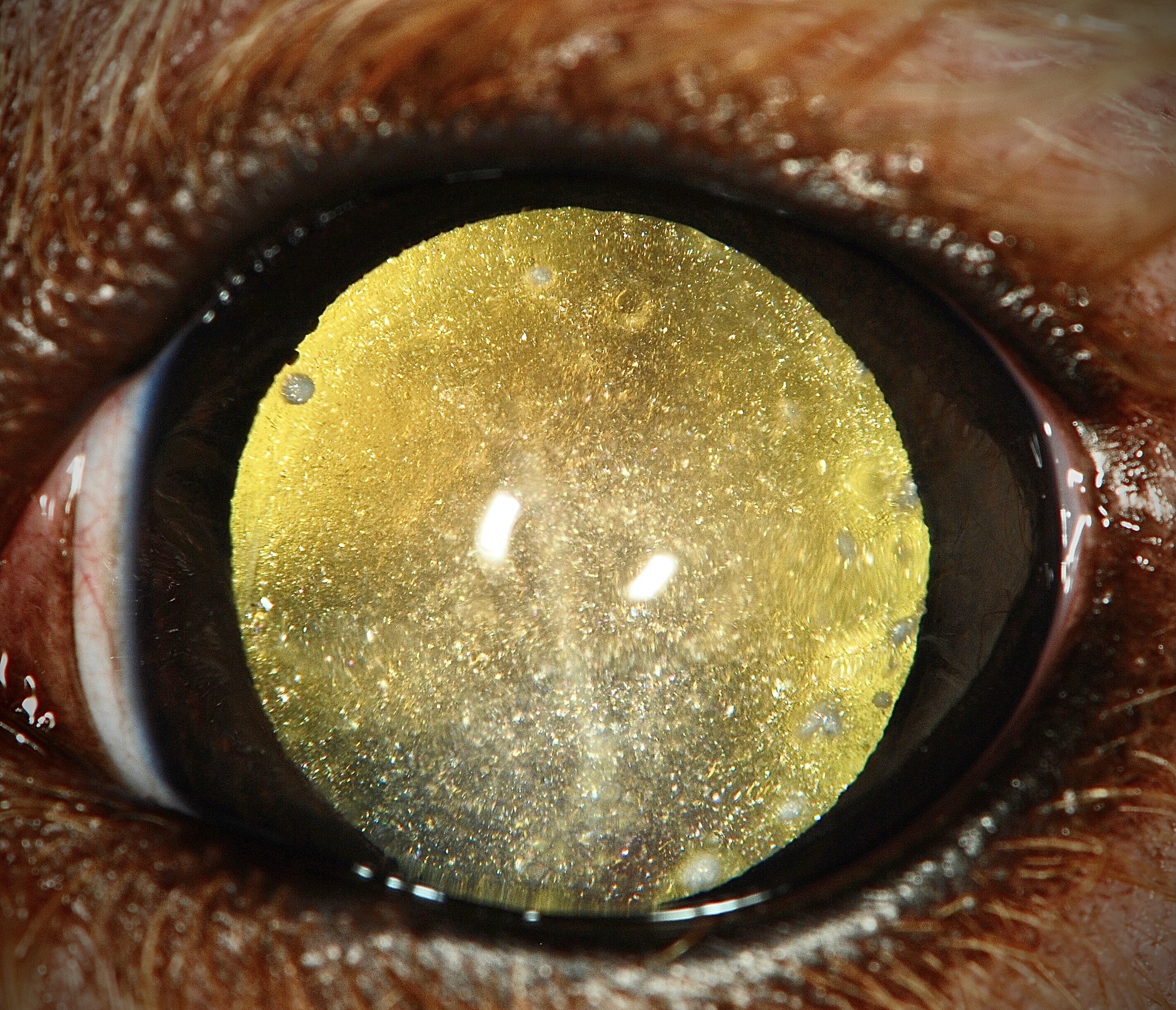Mission Statement
To provide ABVO & ECVO residents and vision scientists with high quality, intensive instruction in the basic sciences as a foundation for the study and practice of veterinary and comparative ophthalmology.

About the Course
The BSC includes instruction in core basic sciences of anatomy, embryology, genetics, physiology, microbiology, immunology, pharmacology, and pathology. In addition, the course covers certain clinical and research topics less frequently encountered in a residency program including neuro-ophthalmology, retinoscopy, advanced imaging, phacodynamics and principles of microsurgery, and laboratory animal ophthalmology. The instruction and content of the course is directed at the principle audience of ABVO and ECVO residents. The course is delivered entirely in English, and emphasizes the basic - not the clinical - sciences relevant to Comparative Ophthalmology
Course Outcomes
1. To further the understanding of basic scientific principles, pathophysiology of diseases, and principles and applications of diagnostic and therapeutic modalities in veterinary and comparative ophthalmology
2. To enhance patient care in the practice of veterinary ophthalmology
3. To improve the ability to obtain funding, perform research and advance the science of comparative ophthalmology
4. To build relationships and promote collegiality among comparative ophthalmologists and other vision scientists
5. To encourage life-long learning in comparative ophthalmology

The ACVO Basic Science Course is not a degree-, certificate-, or diploma-granting agency. Likewise, it is not a stand-alone credential that should suggest to the public that an attendee is more highly trained in veterinary ophthalmology than someone who has not attended the course. The course is not intended to introduce or train veterinarians in clinical skills of veterinary ophthalmology, and is in no way equivalent to residency training, rather it is supplemental to it. Moreover, the course in not intended to be a preparatory course for board examination. Attendants should not make decisions on what to study for the exam or how to answer board examination questions based on what is presented in this course. A certificate of completion is provided, but no continuing education credits are provided for this course.